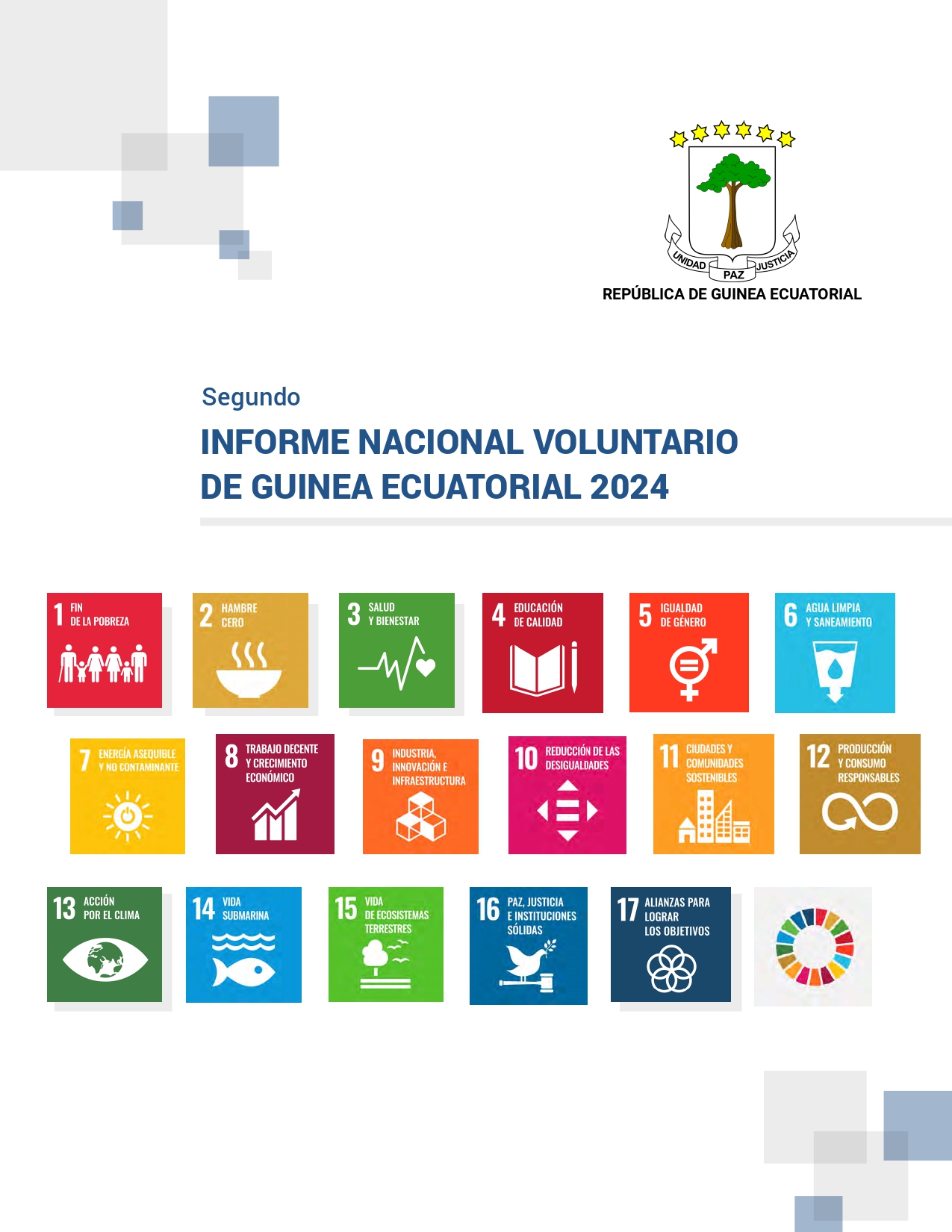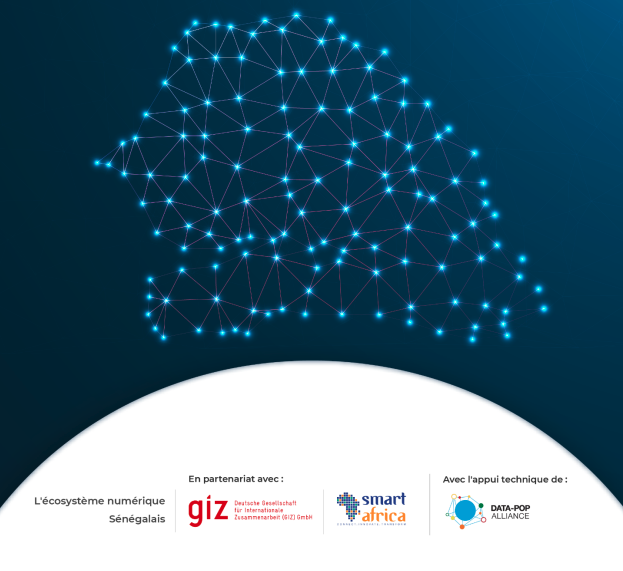Please kindly read the entire job posting. Application instructions are located at the end.
Data-Pop Alliance is looking for a Spatial Data Scientist. We are an international nonprofit created in 2013 out of the Harvard Humanitarian Initiative (HHI), the MIT Media Lab and ODI. We bring together researchers, experts, practitioners, and activists to change the world with data through three pillars of work: diagnosing local realities and human problems with data and AI; mobilizing capacities, communities, and ideas towards more data-literate societies; and transforming the systems and processes that underpin our societies and countries.
DPA has partnered with and received funding from organizations such as the Inter-American Development Bank, UNDP, FAO, UN ESCWA, GIZ (German development agency), the Vodafone Institute, Oxfam México and other key international stakeholders to develop projects in Sub-Saharan Africa (SSA), Latin America and the Caribbean (LAC), the Middle East and North Africa (MENA), and Asia. To learn more about DPA, please visit our website or read our “Outlook and Overview” annual reports for 2019-20, 2020-22 and 2021-23.
DPA’s projects are managed and carried out by a core team of about 31 people, including Directors, Managers, Officers, Data Scientists, Data Engineers, Developers, Research Assistants, and Interns.
Dates: Immediate start. 3-month trial period with a longer-term contract to follow, based on performance.
Location: Remote
Scope of Work:
Reporting to the Data, Technology and Innovation Director and working closely with the Data Team. Among others, primary activities for the Spatial Data Scientist include:
- Data Collection and Management
- Data Acquisition: Gather spatial data from diverse sources such as satellite imagery, GPS data, remote sensing technologies, and public databases.
- Data Cleaning and Preprocessing: Clean and preprocess spatial data to ensure accuracy, consistency, and usability. This includes handling missing data, correcting errors, and standardizing formats.
- Data Storage and Management: Design and manage spatial databases and data warehouses, ensuring efficient storage, retrieval, and management of large volumes of spatial data.
- Spatial Analysis and Modeling
- Geospatial Analysis: Perform geospatial analyses such as buffer analysis, overlay analysis, and spatial statistics to extract meaningful patterns and trends from spatial data.
- Predictive Modeling: Develop and implement predictive models using spatial data to forecast trends and outcomes. This may include land use change modeling, environmental impact assessments, and urban growth modeling.
- Machine Learning: Apply machine learning algorithms to spatial data for tasks such as image classification, object detection, and spatial clustering.
- Data Visualization and Reporting
- Visualization: Create detailed maps, charts, and interactive visualizations using GIS (Geographic Information Systems) and other data visualization tools to effectively communicate spatial data insights to stakeholders.
- Reporting: Prepare comprehensive reports and presentations summarizing the results of spatial analyses and providing actionable insights and recommendations.
- Dashboard Development: Develop interactive dashboards for real-time monitoring and reporting of spatial data and analyses.
- Application Development
- GIS Application Development: Develop custom GIS applications and tools to facilitate spatial data analysis and visualization for specific projects or organizational needs.
- Integration with Other Systems: Integrate spatial data and GIS applications with other organizational systems and databases to enhance data accessibility and utility.
- Research and Development
- Innovation in Methods: Conduct research to develop new methods and techniques for spatial data analysis and modeling.
- Technology Assessment: Evaluate and adopt new tools and technologies in the field of spatial data science to enhance analytical capabilities.
- Collaboration and Support
- Cross-functional Collaboration: Work closely with cross-functional teams, including program managers, data scientists, engineers, and policy makers, to understand their spatial data needs and provide tailored solutions.
- Technical Support and Training: Provide technical support and training to team members and stakeholders on the use of spatial data tools and methodologies.
- Fundraising
- Participate in developing technical grant proposals.
Profile/Qualifications:
- MSc/MA in Geomatics, Computer Science, Statistics, Applied Mathematics, Data Science, or any other related field is required. A Bachelor’s degree in computer science, statistics, or a related field is a plus.
- Highly proficient and experienced in GIS software (e.g., ArcGIS, QGIS), programming languages (e.g., Python is required), and spatial databases (e.g., PostGIS).
- Proficient and in Google Earth Engine.
- Experienced with data modeling
- Experience in cloud computing is desirable.
- Bilingual proficiency in English is indispensable (able to write and deliver conferences, reports, etc in both languages). French or Spanish is highly desirable.
- Excellent interpersonal and communication skills.
- A self-starter, disciplined, driven, eager to learn, grow and make an impact.
- Successful experience working in a multicultural environment with partners and people of different backgrounds and levels of seniority.
- Availability to travel (only if necessary).
- Working experience applying data science to social science research and/or development field is highly desirable.
Remuneration: Competitive and based on experience.
Recruitment Process:
Qualified candidates are requested to submit a CV, a cover letter with two academic or work references to jobs@datapopalliance.org with the subject line “R2024005_SpatialDS” by May 31, 2024, 6:00 pm EST. Candidates will be reviewed on a rolling basis, so early application is strongly encouraged.
Please note that only complete applications submitted in English will be considered. Due to the large volume of applications, only short-listed candidates will be contacted. Please rename each document with your name, the position and the type of document. Ie. FIRSTNAME LASTNAME_Position_CV and send them in PDF format.
Equal opportunity
Data-Pop Alliance employs personnel without regard to race, ancestry, place of origin, color, ethnic origin, language, citizenship, creed, religion, gender, sexual orientation, gender identity, age, marital status, physical and/or mental handicap or financial ability. While remaining alert and sensitive to the issue of fair and equitable treatment for all, Data-Pop Alliance has a special concern with the participation and advancement of members of four designated groups that have traditionally been disadvantaged in employment: women, visible minorities, aboriginal peoples and persons with disabilities.



